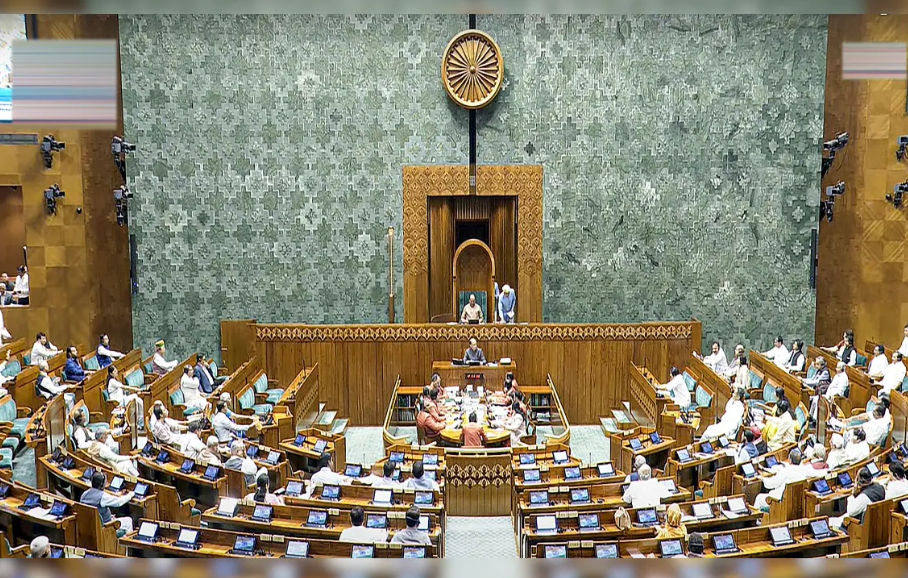Delhi approves Waqf reform, Muslims promise battle
At the end of a twelve-hour marathon the lower house of the Indian parliament passed the law that introduces controls on the management of properties donated to the Muslim organisation. The bishops of Kerala also expressed their support in the wake of the Munambam land affair. The warning of the Jesuit from Gujarat, Fr Cedric Prakash: ‘This is not the way, this law must be opposed’.
Delhi (AsiaNews) - After an intense debate lasting almost 14 hours, the Lok Sabha - the lower house of the Indian parliament - approved the new version of the Waqf law, the permanent donations of properties according to the rules of Islamic tradition. The measure, presented by the Minister of Parliamentary Affairs Kiren Rijiju, was approved with 288 votes in favour and 232 against. The discussion will now pass to the Rajya Sabha, the other branch of the Indian parliament, for final approval.
The Delhi government intends the new version of the law to increase the efficiency of the Waqf councils, improving the registration process and increasing the role of technology in the management of the registers. The affair is deeply dividing the country, with the Modi government accused of wanting to impose new instruments of control on the Muslim community.
Even among Indian Catholics there are different opinions on the matter. The Catholic Bishops' Council of Kerala (KCBC), which brings together the Syro-Malabar, Syro-Malankara and Latin bishops of this state, issued a statement of support on 29 March. This decision was strongly influenced by a dispute over the Munambam land, which the bishops hope to resolve in this way. More than 600 Munambam families have been protesting since last year for the restoration of their property rights, given that an area of 400 acres, where their homes are located, has been declared Waqf property by the Kerala Waqf Board. Fr Thomas Tharayil, deputy secretary general of the KCBC, told the media that the council's support for the law is solely for the welfare of the residents of Munambam.
For its part, in recent days the Catholic Bishops' Conference of India (CBCI) also issued an official statement calling for a “permanent solution” to the long-standing land disputes within the scope of the proposed amendments to the Waqf Law. ‘The Cbci urges the political parties and legislators to adopt an impartial and constructive approach to this problem’, reads the official statement.
Beyond the individual cases of abuse, however, there remains the problem of the more general context in which this reform is taking place, which is one of increasingly strong hostility on the part of Hindu nationalist fringes towards anything to do with the Muslim community. For this reason there are also those - such as the Jesuit from Gujarat, Father Cedric Prakash, who has always been active in the defence of human rights - who see serious dangers in the adoption of this new measure: ‘The law on Waqf - he tweeted in these hours - must be opposed in its entirety by all those who care about and value the Indian Constitution’.
For its part, the All India Muslim Personal Law Board has already stated that it will appeal to the courts against the approval of the Waqf reform. ‘We will organise demonstrations across the country, just as the farmers have done. If necessary, we will block the roads and take all peaceful measures to oppose the bill’, said spokesman Mohammad Mohsin.







.png)










